Studio hacks: 8 sure-fire ways to beat creative block
Drawing a blank in the studio? Use these bullet-proof creativity hacks to bust out of your writer's block
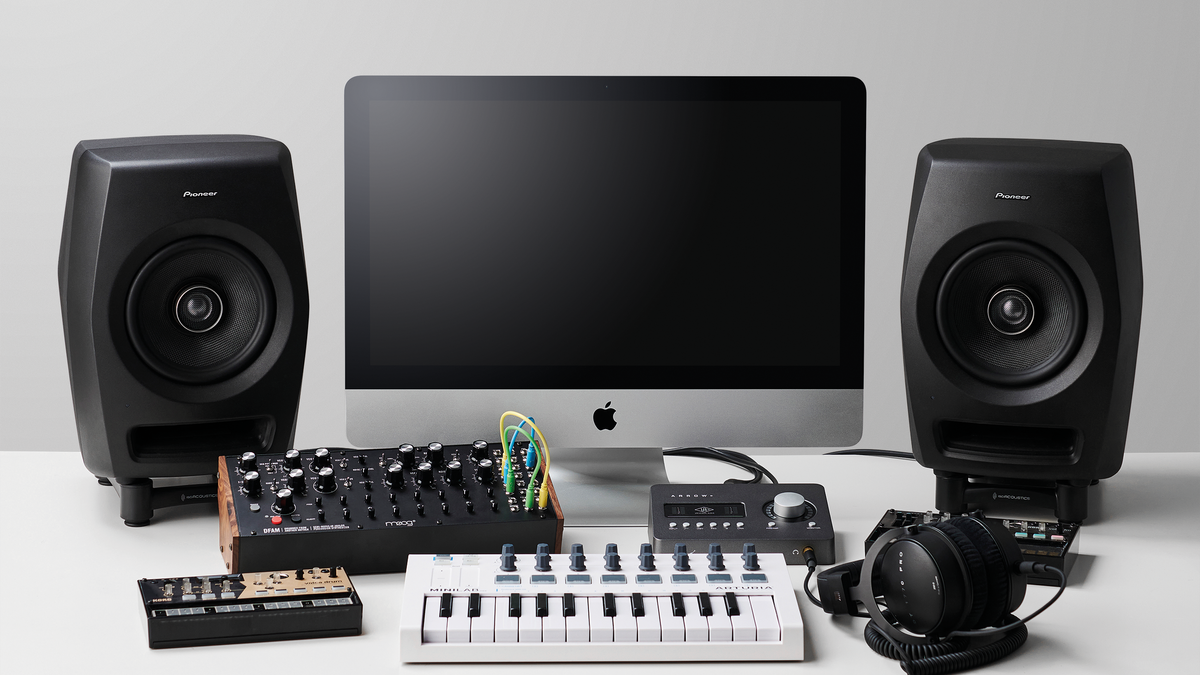
We’ve all been there: you get in the studio, fire up your gear, open your DAW and… nothing. Unfortunately, writer’s block can be a destructive cycle. A lack of progress breeds a lack of confidence, and it’s hard to get back into your creative flow. Fortunately, we’re here to help you bust out of that funk…
Plagiarise, unplagiarise...
Don’t know where to start? Drag a track you like onto your DAW’s timeline and spend some time recreating it. Go through the track bar-by-bar copying each element for yourself – the beats, melodies, arrangement, FX… Once you’re done you’ll have a finished track, albeit one entirely ripped off from someone else.
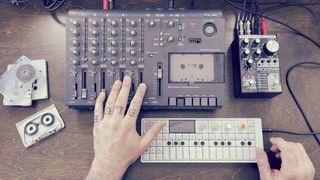
How to banish writer's block in your DAW: creative hacks to kickstart your creativity
The challenge now is to mix things up till you have something you can call your original work – rearrange melodies, move drum hits, swap out sounds. Take some time to adjust the arrangement too, extending some sections and cutting others, moving builds or breakdowns. It may seem like a round-the-houses approach, but sometimes starting by ‘unmaking’ a track can feel less daunting than starting with an empty DAW.
Limit your toolkit
Computer-based musicians can find themselves with an array of available tools, but so many possible starting points can be a hindrance. Force yourself to get creative by imposing strict rules on what you can use for your next track.
Maybe limit yourself to one monosynth and one poly for all sounds, without using presets. Or challenge yourself to make a whole track from a single sample source.
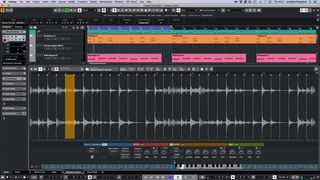
Create a sample pack
Studio sessions don’t always need to be spent working on a specific track. Sometimes it can be beneficial to get in the studio and make sounds with no defined goal in mind.
Record loops, design one-shot hits and program drum patterns, then save results in your sample folders to build your own sound pack or construction kit. When it comes to actually creating your next track, you’ll have a whole host of ready-to-go resources to draw from.
Get the MusicRadar Newsletter
Want all the hottest music and gear news, reviews, deals, features and more, direct to your inbox? Sign up here.
Set yourself (manageable) goals
Heading into the studio with an overarching goal of finishing a complete track, EP or album can be somewhat daunting, so it can be beneficial to break the process down into manageable bite-sized chunks.
Set yourself realistic daily goals – eg day 1, program five drum grooves, day 2, create five bass loops. Break your entire project down this way, from the earliest creative steps through arrangement, mixing and – if you’re planning on tackling it yourself – mastering.
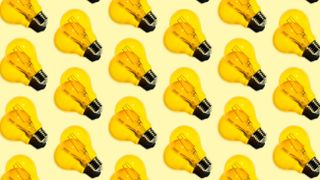
9 ways to stay inspired and generate ideas when you're making music
The key is to make sure your goals are achievable; it can be soul-sapping to set yourself some grand ambition, such as finishing 10 tracks in a week, only to feel knocked back when you don’t achieve it.
Allow yourself breaks too – even the most productive musicians have days off. These small achievements can help break the cycle of feeling like you’re getting nowhere. Creative ‘block’ is a psychological phenomenon and the feeling of achieving small but regular chunks of progress will help.
Collaborate!
Few things can beat creative blocks more effectively than bringing in a fresh set of ears. Whether that involves getting into the studio with someone or sending ideas back and forth online, combining ideas with a like-minded producer is a great way to inspire yourself.
If you don’t know any similar musicians in person, get on forums, social media or SoundCloud to make connections. Suggest swapping some unfinished ideas to see how you can take each other’s projects further.
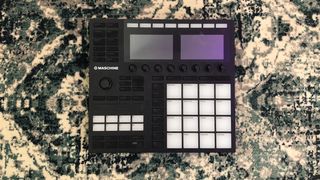
Use a visual aid
Inspiration often has its roots in capturing a certain mood, feeling or emotion. One great way to trigger this is to use something visual, like an inspiring photo or artwork that evokes a feeling you’d like to capture.
Set the image up in your studio in a frame or on a screen and work as if you’re trying to create a ‘soundtrack’ to accompany it. Take this concept further by working with an inspiring video clip. Load a clip into your DAW (if it has the capabilities) or simply play it back as a video file, and try to write something to match its mood.
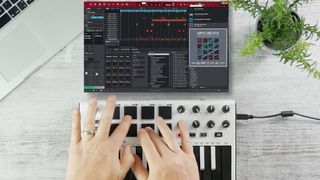
Change location
One of the wonders of making music with a laptop is the ability to up sticks and try making music away from the studio. Try moving to a different room, heading outside or even booking yourself a countryside retreat to see how new surroundings can inspire different ideas.
If you’re not using a laptop, self-contained, portable production systems are great for this – things like Akai’s Force or MPCs, NI Maschine+, Novation Circuit Tracks or Polyend Tracker all allow for plenty of creative freedom on-the-go.
Switch instruments
Even the best musicians can lean toward a specific style of playing or set of chords or scales. A great way to break out of your creative habits is to try starting with an instrument or controller you’re less familiar with. Do you usually start by playing chords on a keyboard? Write a progression on a guitar.
Tend to program your drums using a step sequencer? Try playing patterns live with a pad controller. Even if you’re not some virtuosic multi-instrumentalist, there are plenty of MIDI controllers that make it easy to experiment with melodies and patterns with little-to-no prior experience.
Grid controllers such as Ableton Push or Novation’s Launchpad range are great for this, as they allow users to lay a preset scale out across their pads and experiment with chord shapes and melodies in a fairly idiot-proof way.


Future Music is the number one magazine for today's producers. Packed with technique and technology we'll help you make great new music. All-access artist interviews, in-depth gear reviews, essential production tutorials and much more. Every marvellous monthly edition features reliable reviews of the latest and greatest hardware and software technology and techniques, unparalleled advice, in-depth interviews, sensational free samples and so much more to improve the experience and outcome of your music-making.

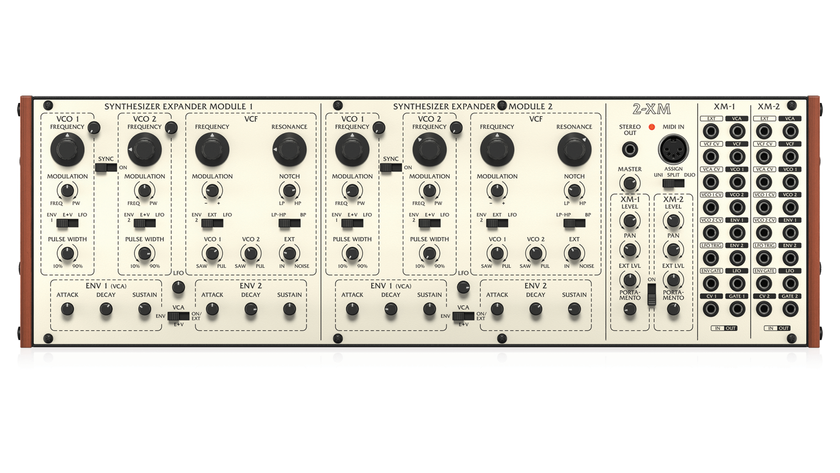
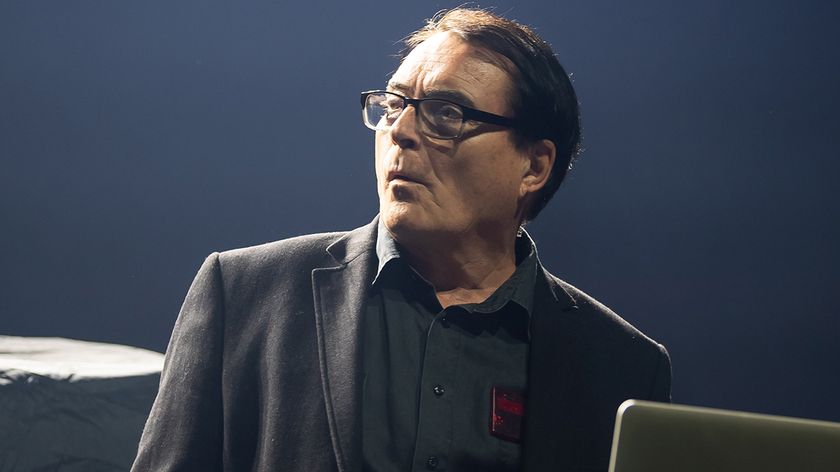
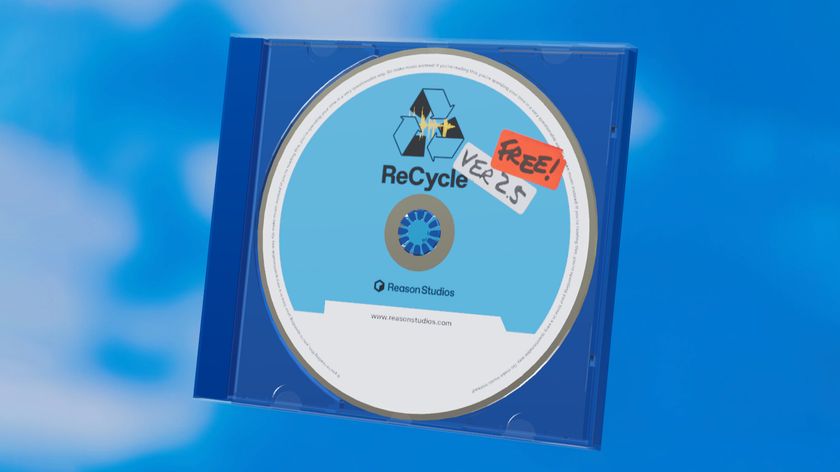

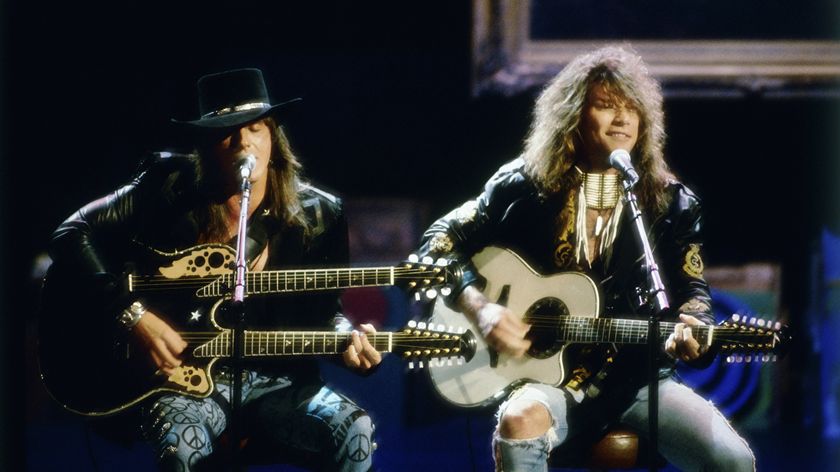
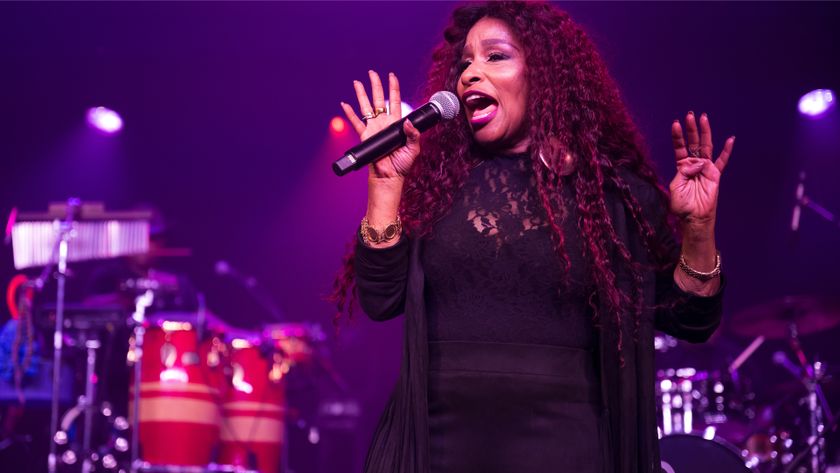
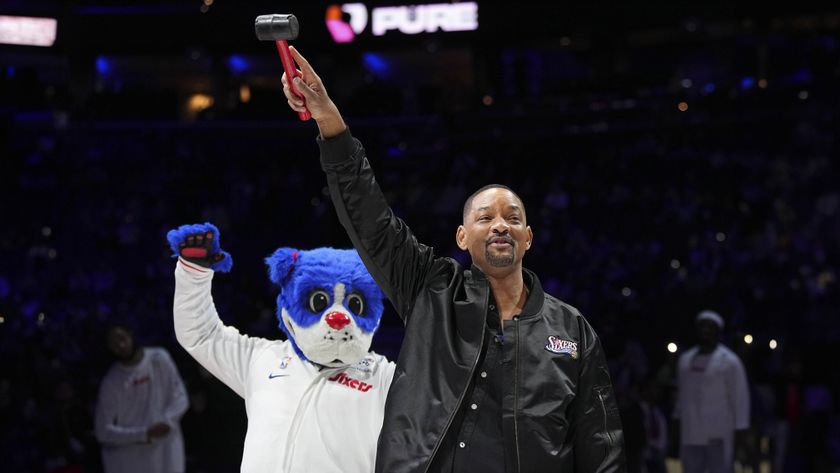


![Chris Hayes [left] wears a purple checked shirt and plays his 1957 Stratocaster in the studio; Michael J. Fox tears it up onstage as Marty McFly in the 1985 blockbuster Back To The Future.](https://cdn.mos.cms.futurecdn.net/nWZUSbFAwA6EqQdruLmXXh-840-80.jpg)